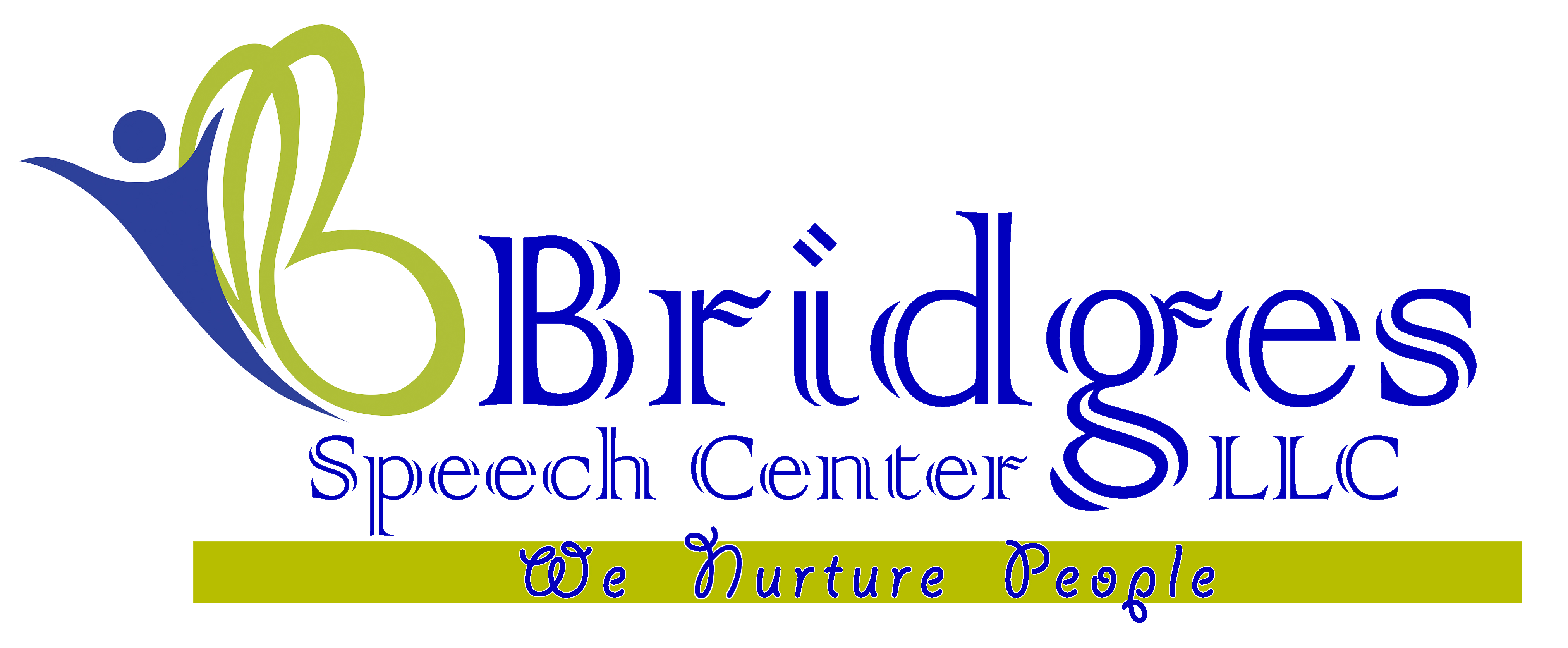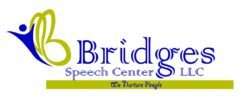Table of Contents
ToggleThe Hidden Power of Cognitive Health
Why is cognitive health important for adults? It’s the foundation of our everyday lives-powering our thoughts, decisions, conversations, and even emotions. Strong cognitive function allows adults to maintain independence, excel in careers, and enjoy quality relationships. On the flip side, cognitive decline can quietly erode these abilities over time. That’s why proactive brain care is essential.
At the heart of this conversation is cognitive-linguistic therapy, an evidence-backed method that helps restore mental clarity and communication skills in adults facing cognitive challenges. At Bridges Speech Center, this therapy transforms lives, helping adults regain control, confidence, and connection.
What Is Cognitive Health in Adults?
Cognitive health refers to clear thinking, learning, and remembering. It includes basic functions such as attention, memory, language, reasoning, and executive functioning. Sharp cognitive skills let adults perform easy tasks of daily living, ranging from managing money to having meaningful conversations.
On the other hand, occasional tunes of lack of focus or being confused, or the inability to remember things can be initial symptoms of decline. That’s when a cognitive ability assessment or test comes into action-it assists professionals in identifying specific weaknesses and delineating their progress as time passes. Whatever we name it-mind sharpness, brain performance, or cognitive functions-one thing is certain: maintenance is critical to aging well.
Why Cognitive Health Should Be a Priority
Daily Functioning & Independence
So why is cognitive health so central to adults navigating contemporary life? Plainly, it affords autonomy. Adults require cognitive abilities in order to organize timetables, drive competently, or indeed fix life issues and make rational choices. If cognition falters, then everyday things like shopping at the supermarket or recalling to take medication can be tricky or even hazardous. Preserving cognition effectively permits adults to retain mastery over their existence.
Mental Well-being & Emotional Resilience
Good cognitive health also enhances emotional stability in adults. Where cognition is superior in adults is where mood swings, worry, and life stresses are least common. That is due to the fact that memory, attention, and executive function govern emotional reaction and stress.”
Social contact makes the brain even stronger. These interactions-conversations, laughter, and social activities-maintain neural pathways. It is a lovely feedback loop where cognitive well-being promotes emotional well-being, which promotes cognition-essential as we age into our later years.
Preventive Health & Disease Resistance
Maintaining cognitive fitness decreases the chance of neurodegenerative diseases such as dementia and Alzheimer’s. By challenging the brain on a regular basis, we build “cognitive reserve,” which serves as a kind of buffer against deterioration. As you exercise a muscle, you make it stronger, more resilient, and better able to meet challenges in life
Language & Communication Efficiency
Another very important issue for adults is how cognition levels relate to communication. Persons with poor cognitive performance are hampered by word-finding difficulties, delayed processing, or incoherence in conversations. This forms the basis for speech therapy for adults to assist individuals in enhancing verbal fluency and social skills, which improves cognition and relationships.
Key Factors That Influence Cognitive Health
Maintaining good cognitive health is not just about genetics – it is strongly affected by lifestyle. Let’s find out some necessary contributors:
Physical health: Exercise increases blood flow in the brain and increases neuroplasty – the brain’s ability to create new compounds.
Nutrition: Omega -3 fatty acids, antioxidants and vitamins (especially B complex) support dietary memory and focus.
Sleep: Deep sleep is important for cleaning brain toxins and consolidating memory.
Mental activity: Activities such as puzzles, learning new languages or reading also stimulate different brain areas.
Social involvement: Regular interactions with family, friends and fellowship provide emotional stimulation and prevent cognitive stagnation.
As exposed by centers that offer speech therapy in Dubai, the lifestyle factors affect the brain’s function deeply and extract themselves from cognitively linguistic loss.
Cognitive-Linguistic Therapy: Supporting Cognitive Well-Being
Cognitive-linguistic therapy is a specialized, research-backed method that targets deficits in thinking and communication caused by neurological conditions. It’s especially effective for adults recovering from strokes, traumatic brain injuries, or those experiencing age-related cognitive changes.
This therapy focuses on improving attention, memory, language, reasoning, and cognitive flexibility. For example, a stroke survivor might work on organizing thoughts, problem-solving, or understanding complex instructions. Individuals with linguistic problems benefit from expressive and receptive language training to strengthen both communication and comprehension.
At Bridges Speech Center, therapists design personalized plans tailored to each patient’s needs, integrating exercises that build real-world skills. Whether it’s planning daily tasks, recalling names, or handling social cues, this therapy helps adults regain confidence and independence.
How to Improve and Maintain Cognitive Health
Though therapy is a potent intervention, there are also simple things adults can do every day to protect and promote cognitive functioning:
Regular Screening: Don’t wait for critical symptoms-begin with a cognitive ability test or assessment to baseline your brain health and detect early warning signs.
Daily Habits: Be mentally active through reading, games, or acquiring new skills. Pair this with physical activity for maximum brain-body synergy.
Compensatory Strategies: Employ planners, apps, alarms, and sticky notes. These are not only helpful to memory-they alleviate stress and enhance task management.
Seek Professional Help: When symptoms of forgetfulness or confusion disrupt daily life, it’s time to seek speech-language therapy. Speech-language therapists apply principles of cognitive linguistics to stimulate verbal processing, attention, and executive function.
Remember, cognitive health is not something that happens to you. It takes active, persistent effort—but the reward is clarity, confidence, and connection for life.
Investing in Brain Health for a Better Future
Why is cognitive health crucial for adults? Because it touches every area of life-from independence to emotional well-being to being able to connect with other people in meaningful ways. As we grow older, guarding our cognitive skills becomes more than optional-it’s a requirement.
Whether through routine screenings, healthy habits, or cognitive-linguistic therapy at top facilities like Bridges Speech Center, investing in your brain is investing in your future. Begin today-because your mind is your greatest tool, and it’s worth paying attention to.

